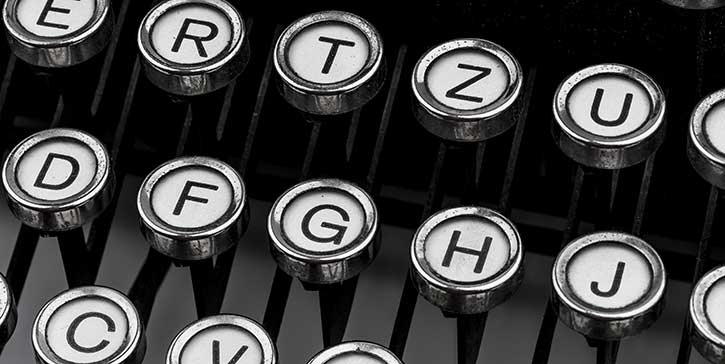SHORT TAKES
Contact Martha for ideas about writing and funding strategy.P: 617.803.8285
E: mk@marthakurz.dev.cc
The Cover Letter
It’s short, but important
After spending what can be enormous amounts of time writing an important document such as
a report or proposal, one last step remains—the cover letter. Understandably, you might be
tempted to approach this as a quick final task, maybe even an afterthought.
Don’t! You might miss an opportunity to pique the readers’ interest and investment in your
document before they even read it. And while perhaps not the final decider, the first person to
read your proposal – and cover letter – is certainly influential. Foster good will by preparing a
thoughtful and enticing cover letter.
Some tips
- Provide a roadmap. In one sentence, orient the reader to your proposal and its alignment with donor priorities.
- Keep it short. Much of what you think you need to say may be sufficiently addressed in your proposal.
- Be considerate. Leave lots of white space on the page. Your reader will appreciate it.
- Make it snappy. The recipient is likely reading many other cover letters. A unique word choice might get attention that sticks.
- Personalize your letter. Enhance the relationship between the signer (if not you) and the donor by adopting the signer’s writing style.
- Cultivate anticipation. Try “We have exciting news to share.” Or something intriguing: “We hope you enjoy reading about our model in which teens direct projects and serve as board members.” That would get my attention.
- Don’t rush! Though short, a well-written cover letter takes time and requires review. Don’t leave it until the last minute.
Express gratitude
You may not feel like being deferential, especially if writing the document has been onerous.
However, funders are busy too, and may be overwhelmed by the piles on their desks. They will
appreciate your genuine expression of appreciation. Good will never hurts and often helps.
There’s a bonus
Writing a cover letter can be like writing thank you letters or even the notes you leave on the
refrigerator for your family. Keep them short and express gratitude anticipatorily: “Don’t forget
to call me when you get home and I love the essay you wrote for class. You’re awesome!”

